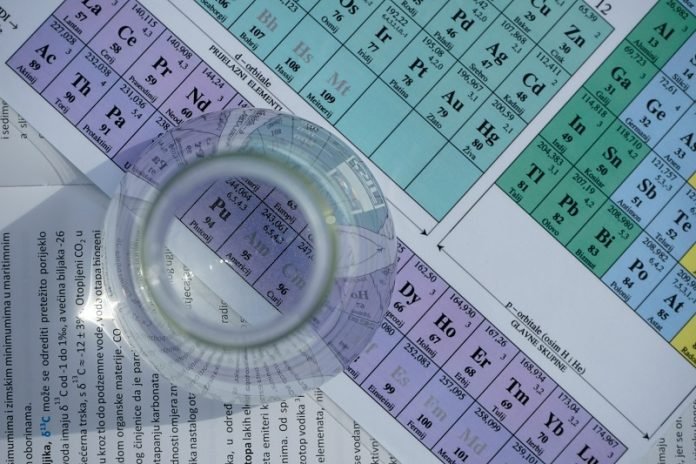
In a new study from the University of Michigan, researchers have uncovered a connection that could be crucial for middle-aged women: heavy metals might be speeding up menopause.
This discovery sheds light on how substances like cadmium, mercury, and arsenic, often found in our environment, could affect women’s health, particularly their ovarian function and egg reserves.
Menopause, a natural part of aging for women, marks the end of monthly periods and the decline in reproductive hormones.
It brings several changes in health and wellness, including increased risks of osteoporosis, heart disease, and cognitive decline.
Typically, menopause happens around the age of 50, but various factors can influence its timing.
The University of Michigan researchers focused on the levels of heavy metals in the body and their potential impact on menopause.
They reviewed data from hundreds of women approaching menopause and found something intriguing: the presence of heavy metals in urine was linked to lower levels of a hormone called anti-Müllerian hormone (AMH).
This hormone is like a gauge that tells how many eggs a woman has left in her ovaries – a key factor in determining when menopause might start.
What makes this finding stand out is the strength of the connection between heavy metals and AMH.
It appears to be stronger than the association between smoking (a known risk factor) and AMH. This insight was part of the study published on January 25 in The Journal of Clinical Endocrinology & Metabolism.
Sung Kyun Park, the study’s lead author and an associate professor of epidemiology and environmental health sciences at the University of Michigan, emphasized the widespread exposure to heavy metals and its potential impact on health problems linked to the early aging of the ovaries.
These health issues include not just menopause symptoms like hot flashes, but also serious conditions like bone weakening, osteoporosis, heart disease, and cognitive decline.
The study utilized data from the longitudinal Study of Women’s Health Across the Nation, examining 2,252 measurements of AMH from 549 women within 10 years of their final menstrual period.
The participants, aged between 45 and 56, were from diverse ethnic backgrounds, including white, Black, Chinese, and Japanese women.
Park highlighted the public health concern stemming from the fact that heavy metals are common in the environment and found in everyday elements like drinking water, air pollution, and certain foods, especially seafood and rice.
These metals can disrupt the endocrine system, leading to various health issues, including infertility and cancers.
Previous research has shown that heavy metals might negatively impact reproductive health. However, this new study is unique as it focuses on perimenopausal women, a group that hasn’t been extensively studied in this context before.
The findings of this study are important not just for understanding menopause but also for addressing other health outcomes associated with reproductive hormone changes and heavy metal exposure.
These include bone loss, cardiovascular disease, cognitive decline, and more.
Park and his team believe that this issue could affect women of all ages and that further research is needed, especially among younger women, to fully understand how heavy metals might diminish ovarian reserves.
This research is a step towards a better understanding of how our environment impacts women’s health and could lead to new strategies for managing menopause and its associated health risks.



